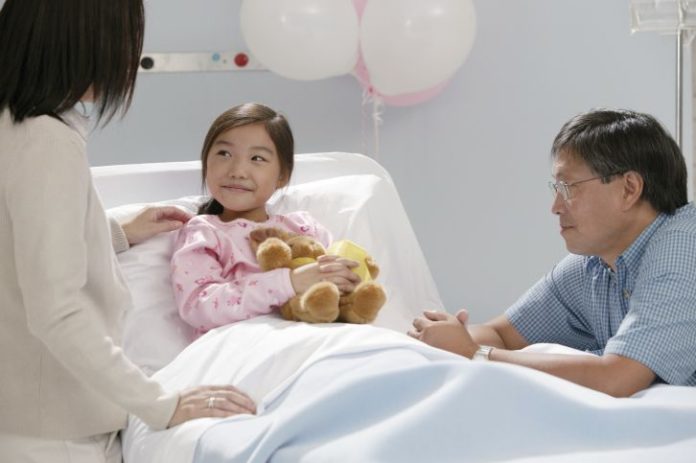Children’s hospitals around the country are affirming the critical role patient families play in making hospital stays as safe as possible for their children.
A national learning network of children’s hospitals – Ohio Children’s Hospitals’ Solutions for Patient Safety (OCHSPS) and the Children’s Hospital Association are collaborating to offer safety tips for families to follow when visiting the hospital with their child.
“We are taking steps to ensure that we provide the safest possible care in children’s hospitals, and there are things that families and patients can do to help us,” said Michael Fisher, president and CEO, Cincinnati Children’s Hospital Medical Center and chair of OCHSPS.
The family is the most critical part of a patient’s caregiving team. So we are encouraging patients and their families to follow some simple, yet potentially life-saving, tips during National Patient Safety Awareness Week and each time that they visit a children’s hospital.”
Tips for patient families include the following:
- BE A PATIENT ADVOCATE FOR YOUR CHILD. Don’t be shy. Ask questions about your child’s care, raise safety concerns you have or ask the caregiver to double check their chart before they act. You might say, “Excuse me, I have a few questions before you start treatment, would you mind answering them, please?”
- WASH. Wash your hands and your child’s hands when entering and leaving the hospital, your patient room, the bathroom and any treatment rooms (such as x-ray); and be sure to wash if you have handled any soiled material.
- ENSURE THEY WASH TOO. Since you are part of your child’s health care team, do not be afraid to remind doctors and nurses about washing their hands before working with you – even if they are wearing gloves. You might say, “Excuse me, I didn’t see you wash your hands. I’d like to be sure everyone’s hands are clean. Please wash them before caring for my child.”
- STAY CLEAN & DRY. If your child has an intravenous catheter or a wound, keep the skin around the dressing clean and dry and let your caregiver know if it gets wet or loose.
- KNOW THE MEDS. Ask for the names of the medications your child is receiving in the hospital and how it is expected to help your child. Caregivers will check your child’s identification band before giving a medication to make certain the correct medication is being given. If you don’t see this, ask staff to double check that the medication is for your child. You might say, “Excuse me, that medication is not familiar to me. Can you please double check it against my child’s chart?”
- BE PREPARED WHEN GOING HOME. When your child is ready to go home from the hospital, make certain you know what medications and/or treatments your child will need once home. Ask what you should watch for that will require a call to your child’s doctor and which doctor to call if questions come up. Also ask when your child will need to follow up with a physician appointment.
Source: Cincinnati Children’s
Kindly sponsored by GMHBA.










